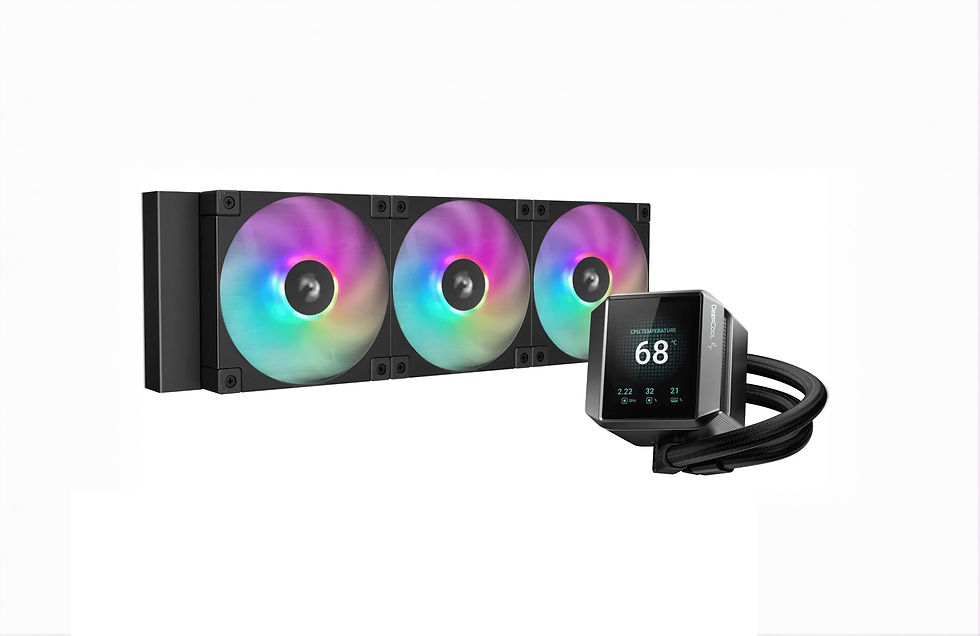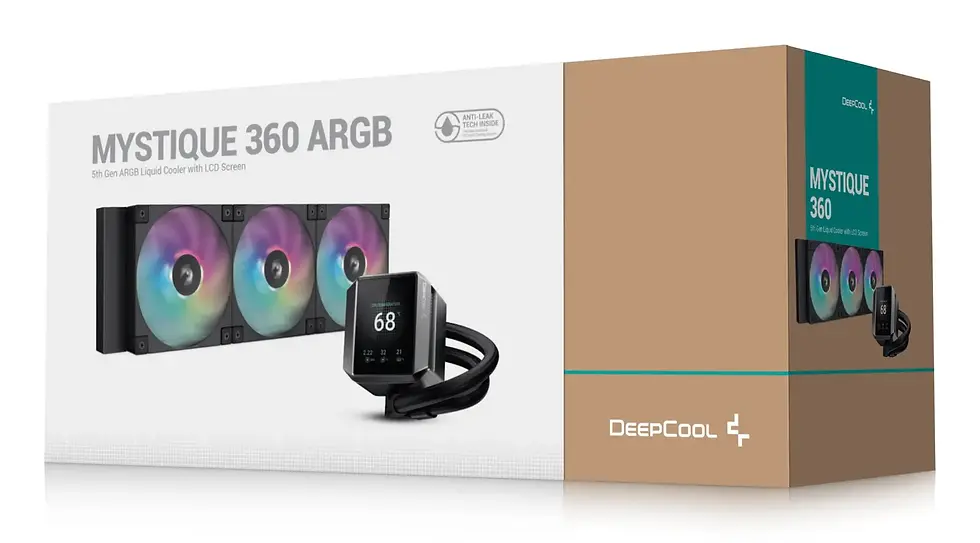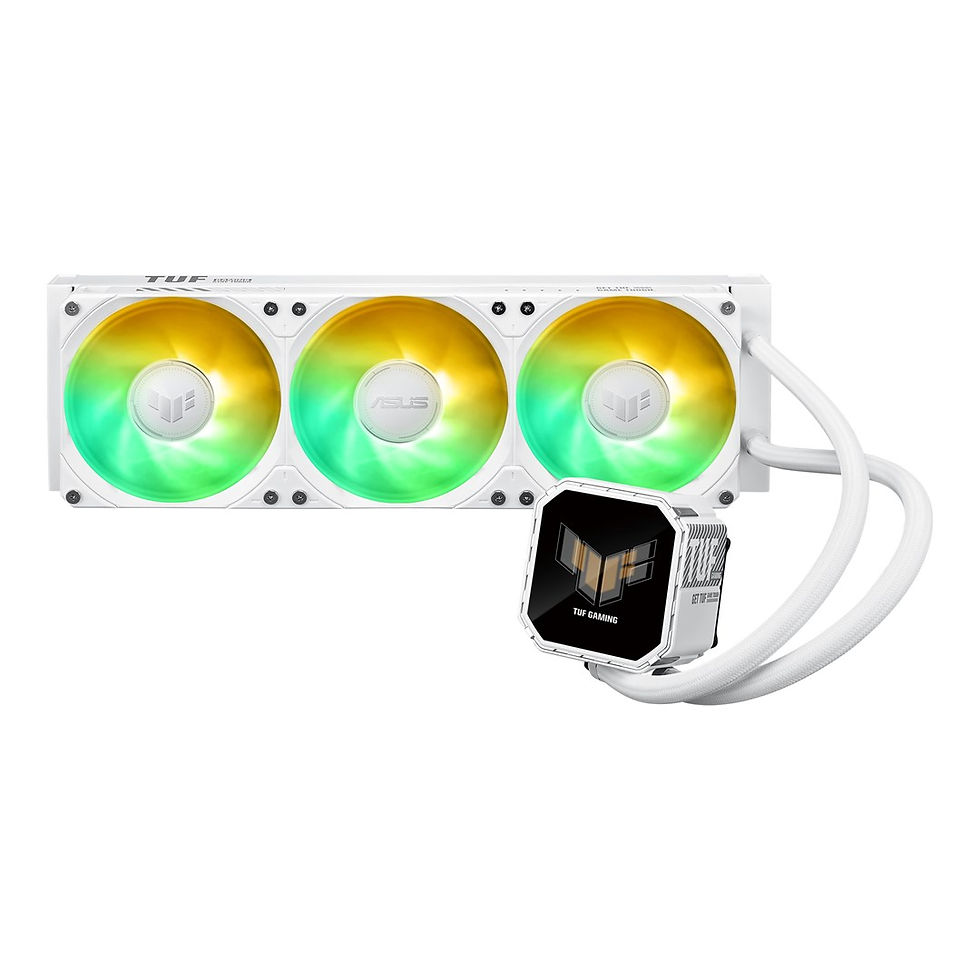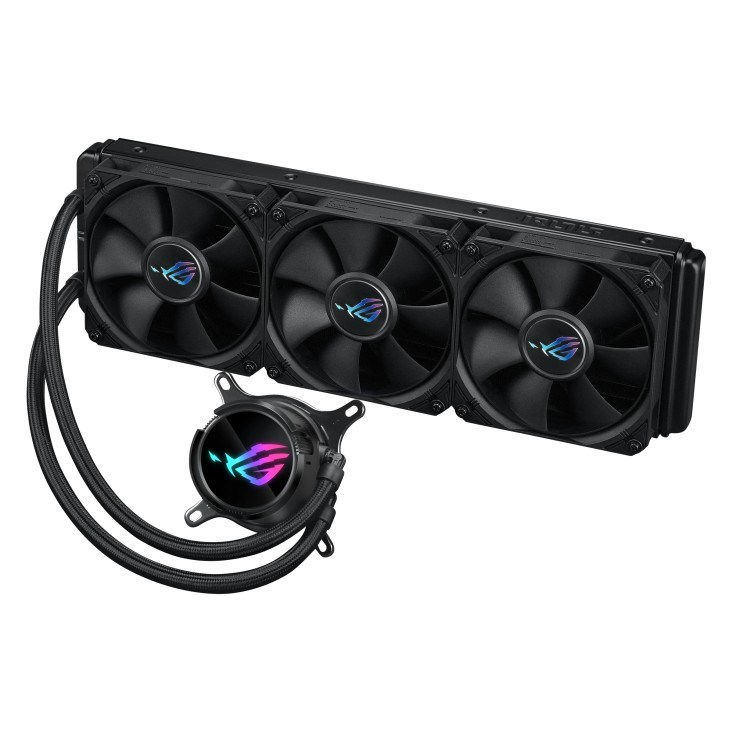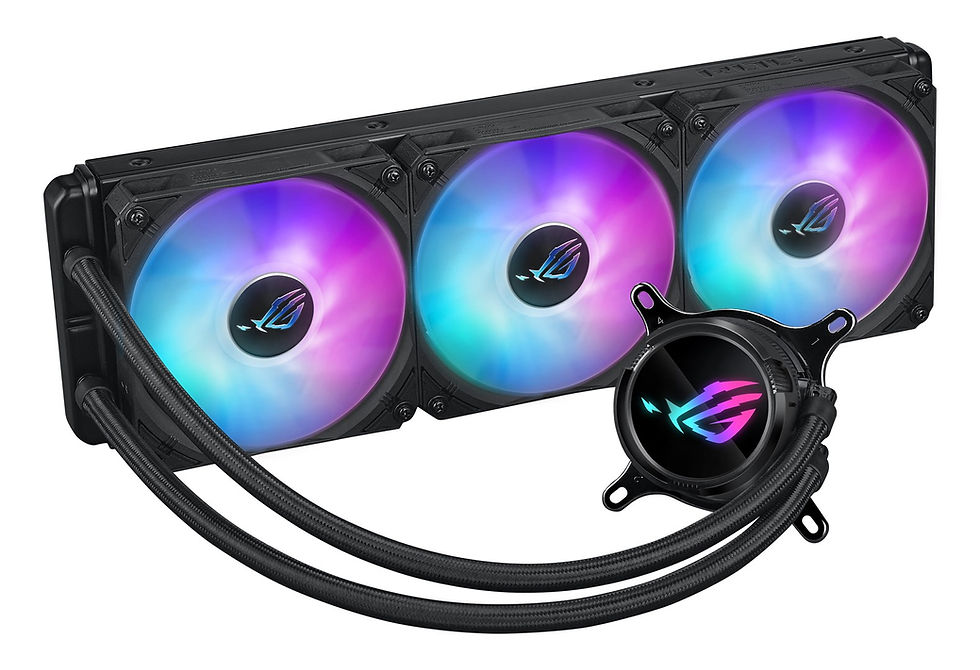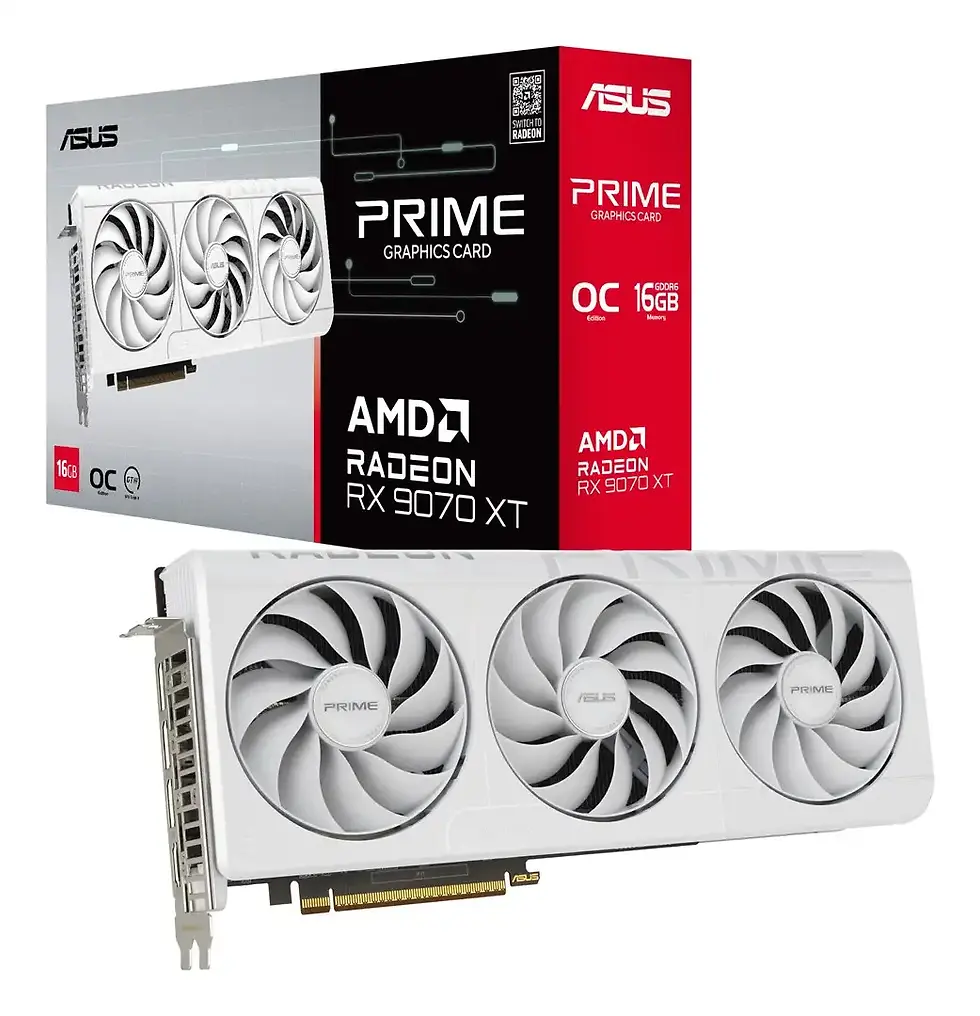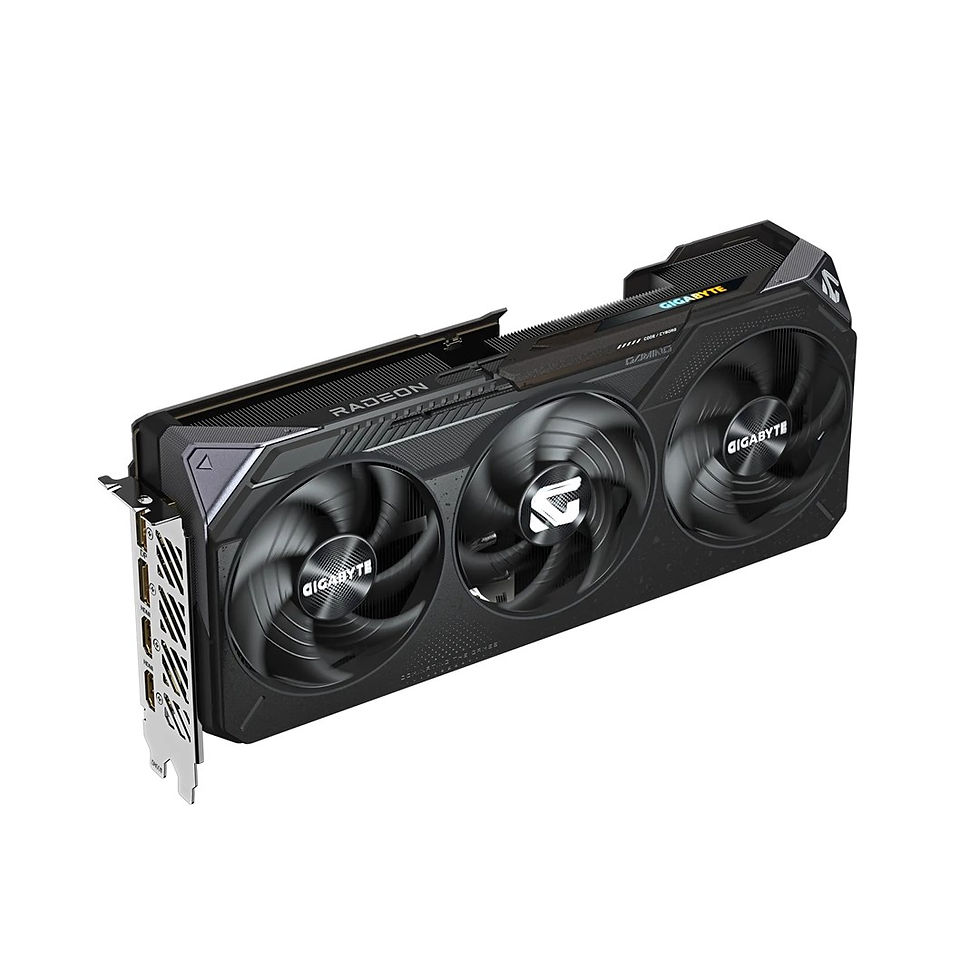CPU Coolers & Case Fans
Welcome to our CPU Coolers & Fans category, where you'll find a wide selection of high-performance cooling solutions for your computer Our range includes top brands and models designed to enhance your system's efficiency and maintain optimal temperatures. Whether you're looking for air coolers, liquid coolers, or case fans, we have options that suit every build and budget. Shop now to ensure your PC runs smoothly and quietly, even under heavy workloads!
How to Choose the Right CPU cooler or case fan


Choosing the right cooling solution is essential for keeping your system stable, quiet, and performing at its best. Here are the key factors to consider before buying:
1. Determine your CPU’s TDP requirements
Your cooler must match or exceed the Thermal Design Power (TDP) of your processor. High-performance CPUs or overclocked systems require stronger cooling.
2. Choose between air cooling and liquid cooling
-
Air coolers are reliable, easy to install, and offer excellent value.
-
Liquid coolers (AIO) provide better thermal performance and lower noise under load but cost more.
Pick the type that fits your performance needs and budget.
3. Check socket and motherboard compatibility
Always ensure the cooler supports your CPU socket (e.g., AM5, LGA1700) and fits your motherboard without blocking RAM or tall components.
4. Evaluate airflow and static pressure
For case fans, look at airflow (CFM) for general cooling and static pressure for restricted areas like radiators or dense filters.
5. Consider noise levels
Cooling performance is important, but so is comfort. Look for fans with low dBA ratings or PWM control for quiet operation.
6. Measure available space in your PC case
Coolers and radiators vary in size. Check clearance for cooler height, radiator length, and fan placement to avoid installation issues.
7. Look for quality bearings and durable build
Premium fans and coolers use fluid dynamic or hydrodynamic bearings, improving longevity and lowering noise over time.
8. Think about aesthetics (optional)
If your build includes a side window, you may prefer RGB lighting or sleek designs to match your setup.
Summary
Choosing the right CPU cooler or case fan ensures stable performance, low temperatures, and a quiet PC. Before buying, check your CPU’s TDP requirements, choose between air or liquid cooling, verify compatibility, and consider airflow, noise levels, and case size. The right cooler will keep your system efficient and reliable under any workload.
You might like
FAQ – CPU Coolers & Case Fans
1. What’s the difference between an air cooler and a liquid cooler?
Air coolers use heatsinks and fans to dissipate heat, while liquid coolers move heat away using a pump and radiator. Liquid coolers usually perform better under high loads, but air coolers are simpler, quieter at low RPMs, and require almost no maintenance.
3. Are more case fans always better?
Not necessarily. Proper airflow balance is more important than the number of fans. A good rule of thumb is more intake than exhaust to maintain positive pressure and reduce dust buildup.
5. How many fans should my PC have?
For most systems, two intake fans and one exhaust fan provide optimal airflow. High-performance builds or compact cases may require additional fans to maintain stable temperatures.
7. What affects cooler and fan noise levels?
Noise mostly depends on fan size, bearing quality, RPM, and case acoustics. Larger fans can move more air at lower speeds, making them significantly quieter.
2. How do I know if a cooler fits my PC case?
Check the maximum CPU cooler height (for air coolers) or radiator support (for liquid coolers) listed in your case specs. Always compare these measurements with the cooler’s dimensions to avoid clearance issues.
4. Do I need thermal paste, and how often should I replace it?
Yes, thermal paste is essential for efficient heat transfer between the CPU and cooler. Replace it every 2–3 years, or sooner if you notice rising temperatures.
6. Are AIO liquid coolers safe?
Modern AIO coolers are very reliable. They are sealed systems that don’t require maintenance. As long as you buy from a reputable brand and install them correctly, leaks are extremely rare.
8. Do RGB fans affect cooling performance?
RGB lighting does not impact cooling efficiency. Performance depends on airflow design, fan size, static pressure, and RPM—not lighting.






